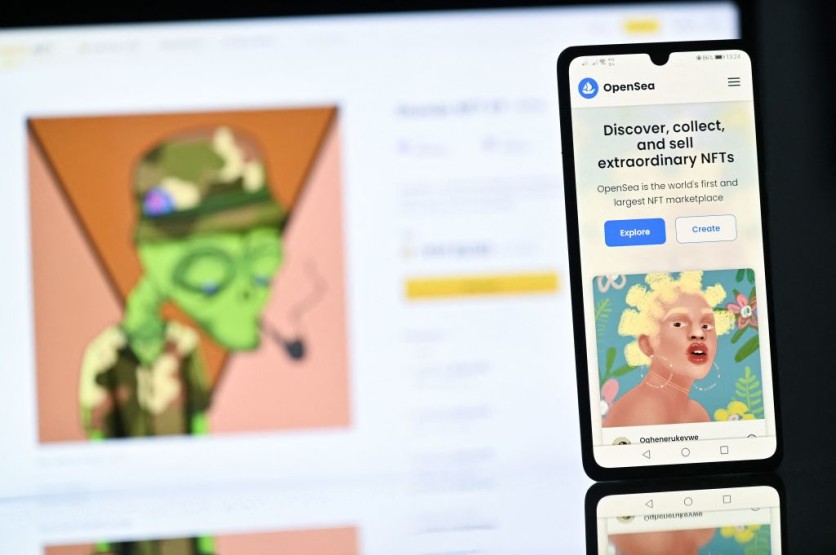OpenSea introduced a new stolen NFT system that automatically detects suspicious non-fungible tokens to prevent scammers and hackers from selling them on the platform.
Instead of waiting for its users to report any suspicious NFT sales, it now automatically detects potentially stolen tokens.

In turn, the giant NFT marketplace seeks to stop hackers from flipping their stolen tokens to make money off it.
OpenSea's New Stolen NFT System
As per the latest news story by The Verge, OpenSea used to wait for reports of stolen NFTs from other people. Upon receiving it, it is when the massive marketplace would start freezing any transaction for the reported token. It should then prevent hackers from flipping the item.
However, The Verge notes in its report that cases of stolen NFTs are usually blazing fast. The online marketplace admits that most of the time a malicious token gets sold before users report it to them.
But this time, it looks like OpenSea is attempting to change just that. It debuted a new automated system, which seeks to freeze transactions on stolen items right away.
Read Also : Selfie NFT Collection Now Sells For Nearly $1 Million! Indonesian Student's Photos $1,000 Each?
How OpenSea Prevents NFT Theft
A recent blog post by OpenSea announced that it has "launched a new system to proactively scan URLs shared on OpenSea to help identify if they are malicious in nature."

And as such, instead of merely relying on reports, the new process tries to detect stolen NFTs before hackers successfully flip them.
According to a news story by NFT Plazas, the new system ideally prevents bad actors from listing or selling malicious items on the online marketplace. Given that, before it even gets listed on the platform, the new system tries to get rid of it right away.
The Verge highlights that once the system detects a malicious NFT, it tags the item as "under review." In that case, no one can buy it as it would not be listed.
The Vice President of operations, marketplace, and integrity at OpenSea, Anne Fauvre-Willis, explains how the new system detects potentially malicious tokens.
The exec says it looks at "a number of industry data sources." And on top of that, the system also checks the transaction history of the token. It takes a look at how it was taken from the wallet of its previous owner.
Once the new system flags an NFT as stolen, it would immediately reach out to its previous owner via an email, along with a police report.
This article is owned by Tech Times
Written by Teejay Boris
ⓒ 2026 TECHTIMES.com All rights reserved. Do not reproduce without permission.




